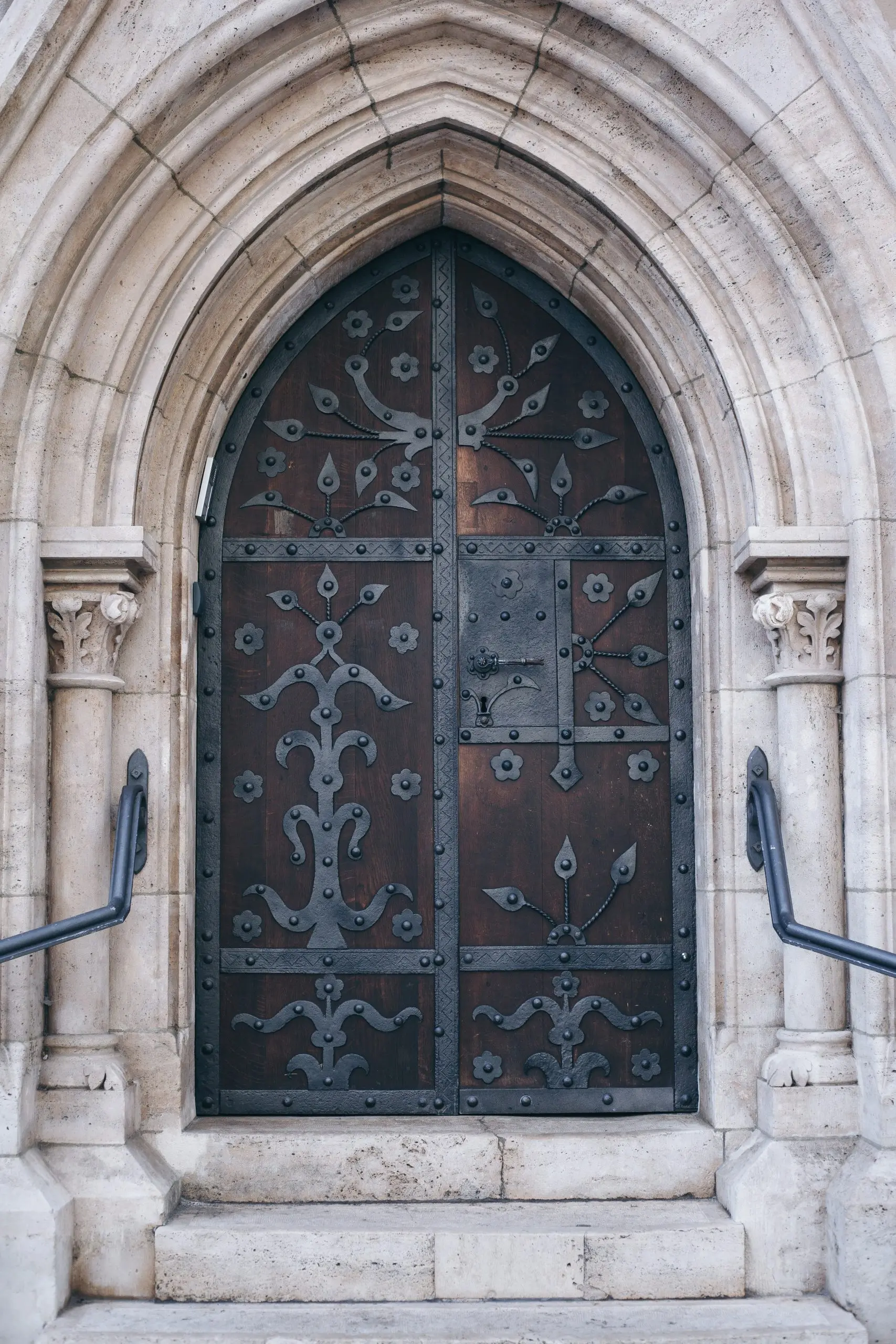A radical transformation takes place in Acts 15. Because so many Gentiles began converting to Christianity, new issues arose in the church. After all, the earliest Christians were Jewish, worshiping in the synagogues and keeping the Mosaic Law. This raised a crucial question: What is necessary for salvation?
Some of the Jewish Christians thought that the new Gentile believers needed to be circumcised, keeping the civil and ceremonial laws given to the nation of Israel. In essence, they tried to replace the veil that was torn when Jesus died, having an amalgam of law and grace.
The Jerusalem Council in Acts 15 tells us the decision of the church: salvation is a gracious gift of God, and it does not come by keeping the Mosaic Law. This is an issue of faith versus works; faith in Jesus Christ is the only requirement of Christianity, and out of that faith our lives will begin to look like Him. The works flow out of our relationship with Jesus; our relationship with Jesus does not come about because of our works.
The book of Hebrews in particular reveals this truth. The law and the sacrificial system were shadows, or types, of Jesus Christ. They looked ahead to His sacrifice; He fulfilled the law perfectly and offered Himself once for all, enabling us to live by His grace (Hebrews 10:9–14). Works, then, are the byproduct of a living faith, not the means of our salvation.
Watch part 88 of the 365 Key Chapters of the Bible series, based on Ken’s Handbook to Scripture.



